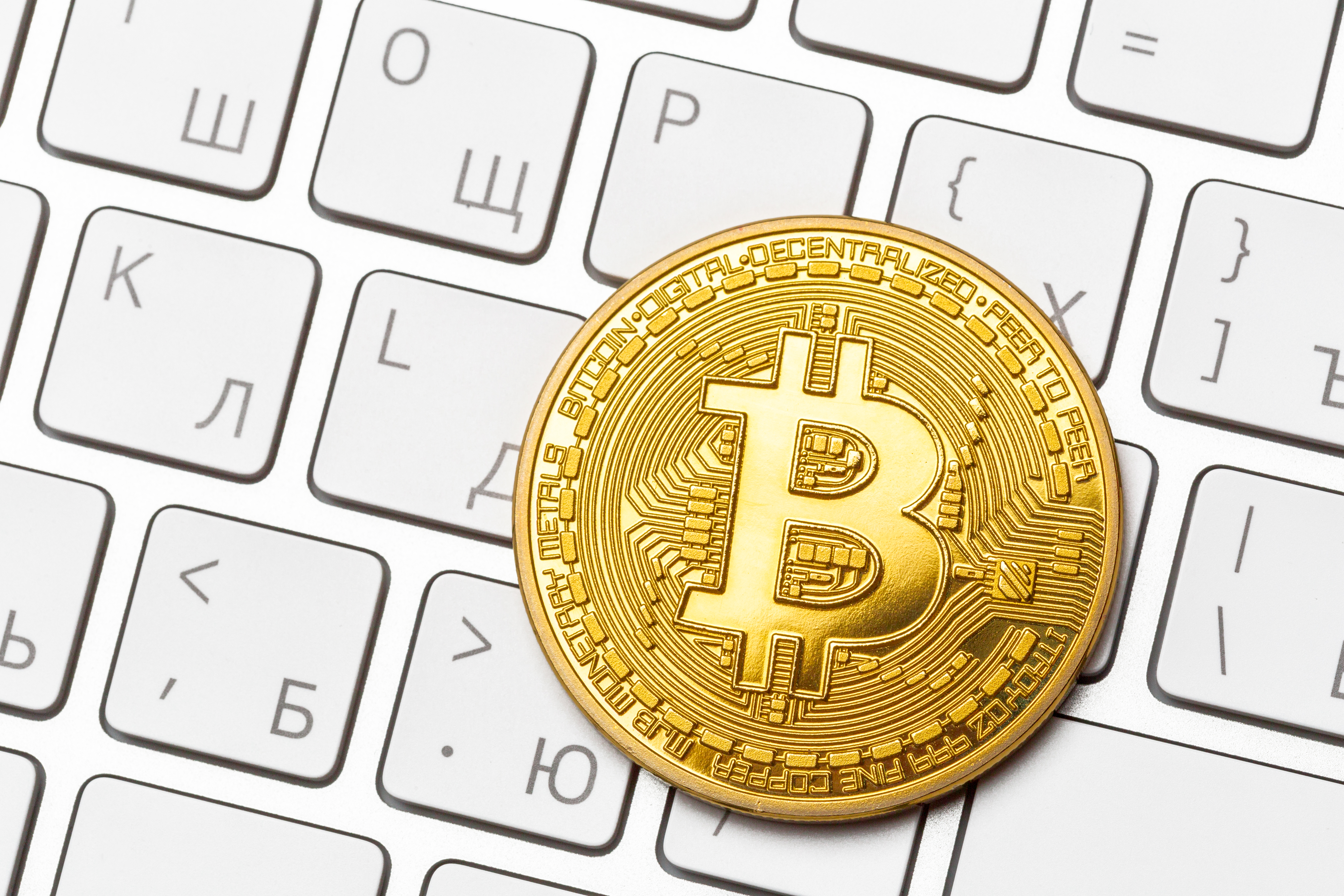Romance fraud has surged across the United Kingdom, with new figures showing that victims lost a combined £106 million in the past financial year. Action Fraud, the UK’s national reporting centre for cybercrime, described the crime as one that causes severe financial, emotional, and social damage.
Among the victims is London banker Varun Yadav, who lost £40,000 to a scammer posing as a romantic partner on a dating app. After months of chatting online, the fraudster persuaded him to invest in a cryptocurrency platform.
When his funds became inaccessible, Yadav realised he had been deceived. ‘You see all the signs, but you are so emotionally attached,’ he said. ‘You are willing to lose the money, but not the connection.’
The Financial Conduct Authority (FCA) said banks should play a stronger role in disrupting romance scams, calling for improved detection systems and better staff training to identify vulnerable customers. It urged firms to adopt what it called ‘compassionate aftercare’ for those affected.
Romance fraud typically involves criminals creating fake online profiles to build emotional connections before manipulating victims into transferring money.
The National Cyber Security Centre (NCSC) and UK police recommend maintaining privacy on social media, avoiding financial transfers to online contacts, and speaking openly with friends or family before sending money.
The Metropolitan Police recently launched an awareness campaign featuring victim testimonies and guidance on spotting red flags. The initiative also promotes collaboration with dating apps, banks, and social platforms to identify fraud networks.
Detective Superintendent Kerry Wood, head of economic crime for the Met Police, said that romance scams remain ‘one of the most devastating’ forms of fraud. ‘It’s an abuse of trust which undermines people’s confidence and sense of self-worth. Awareness is the most powerful defence against fraud,’ she said.
Although Yadav never recovered his savings, he said sharing his story helped him rebuild his life. He urged others facing similar scams to speak up: ‘Do not isolate yourself. There is hope.’
Would you like to learn more about AI, tech and digital diplomacy? If so, ask our Diplo chatbot!










